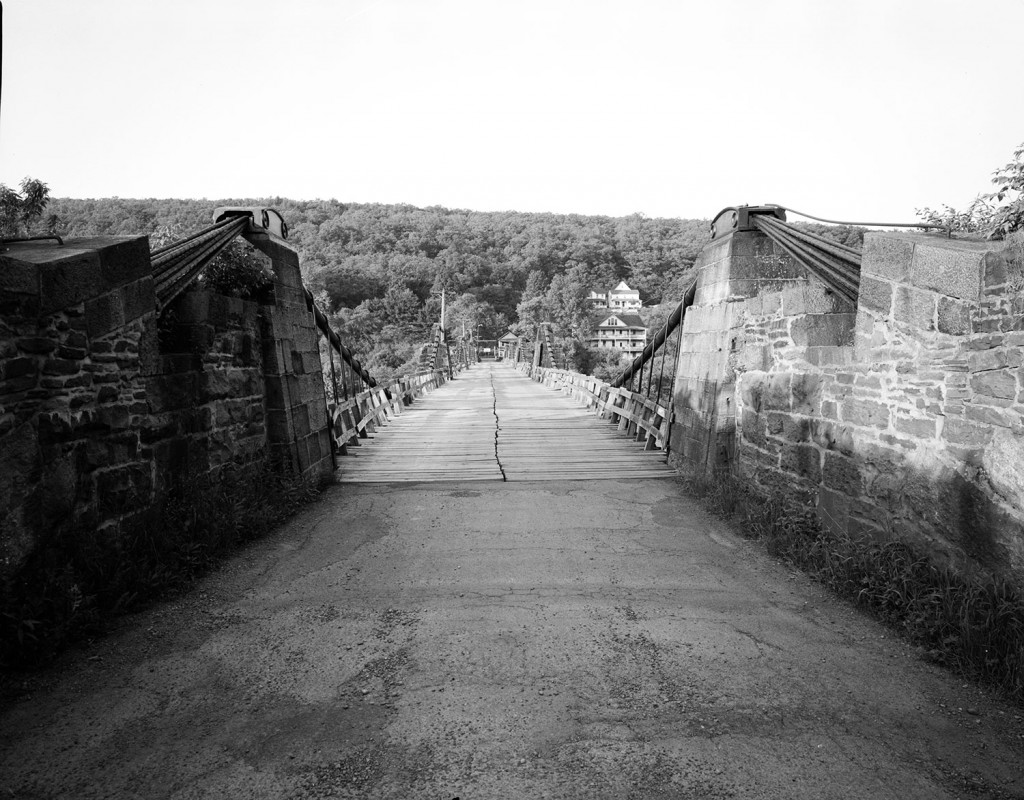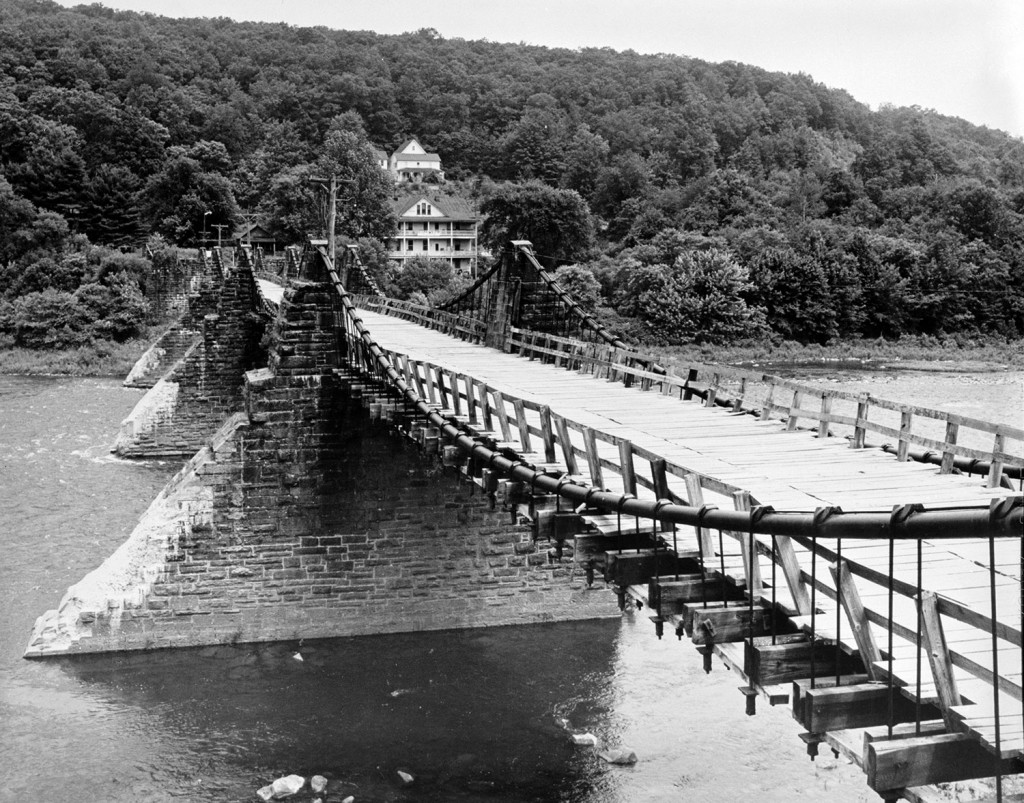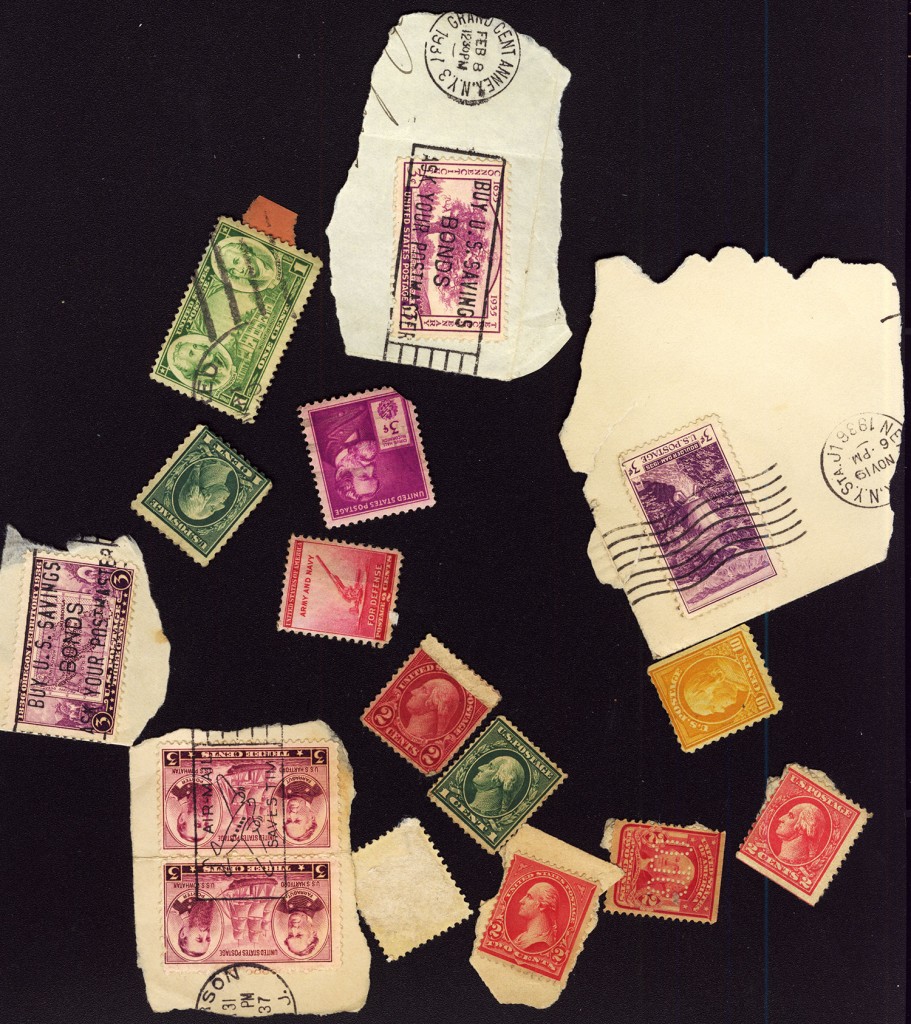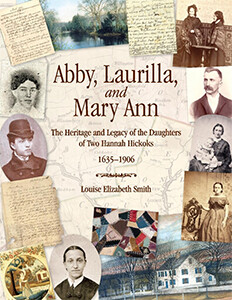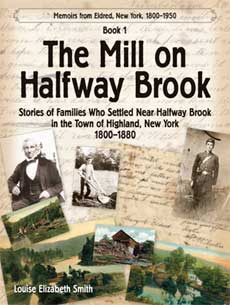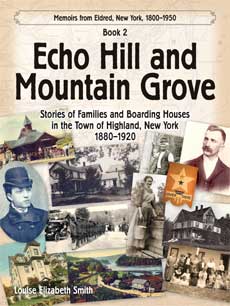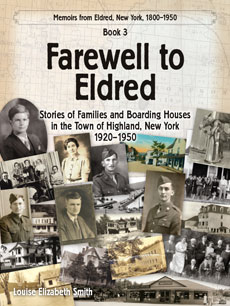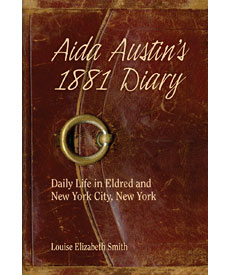
1939 The Royals Visit NYC
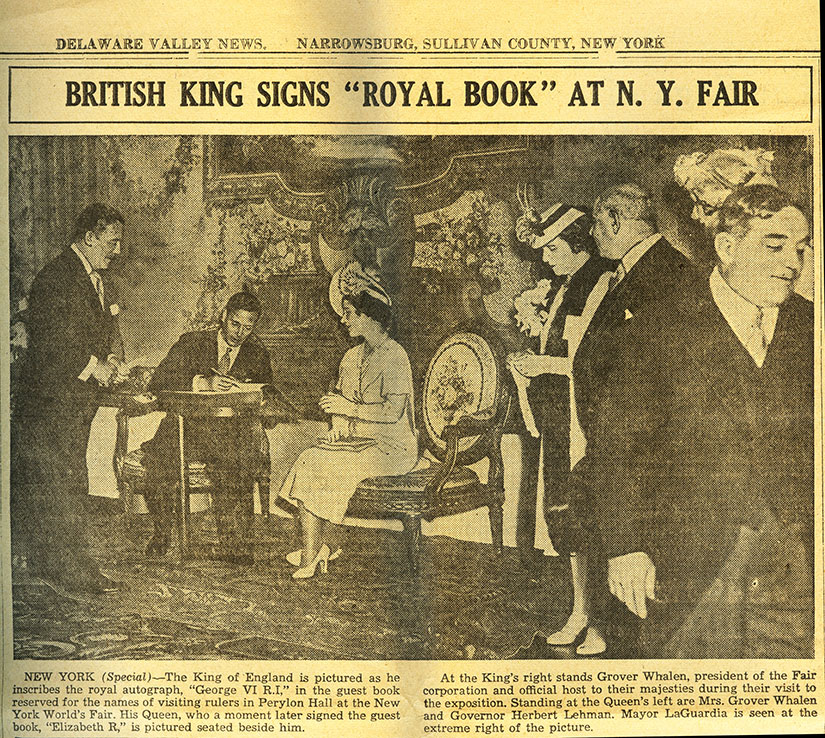
Revisiting Roebling Bridge III
Revisiting Roebling Bridge II
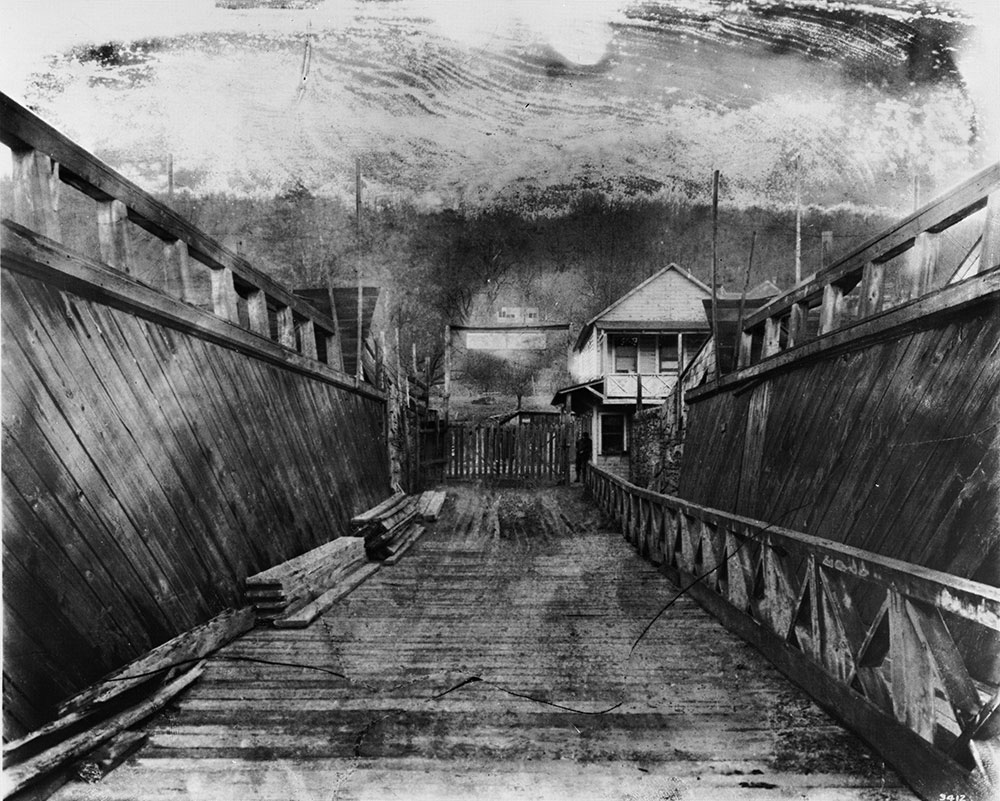
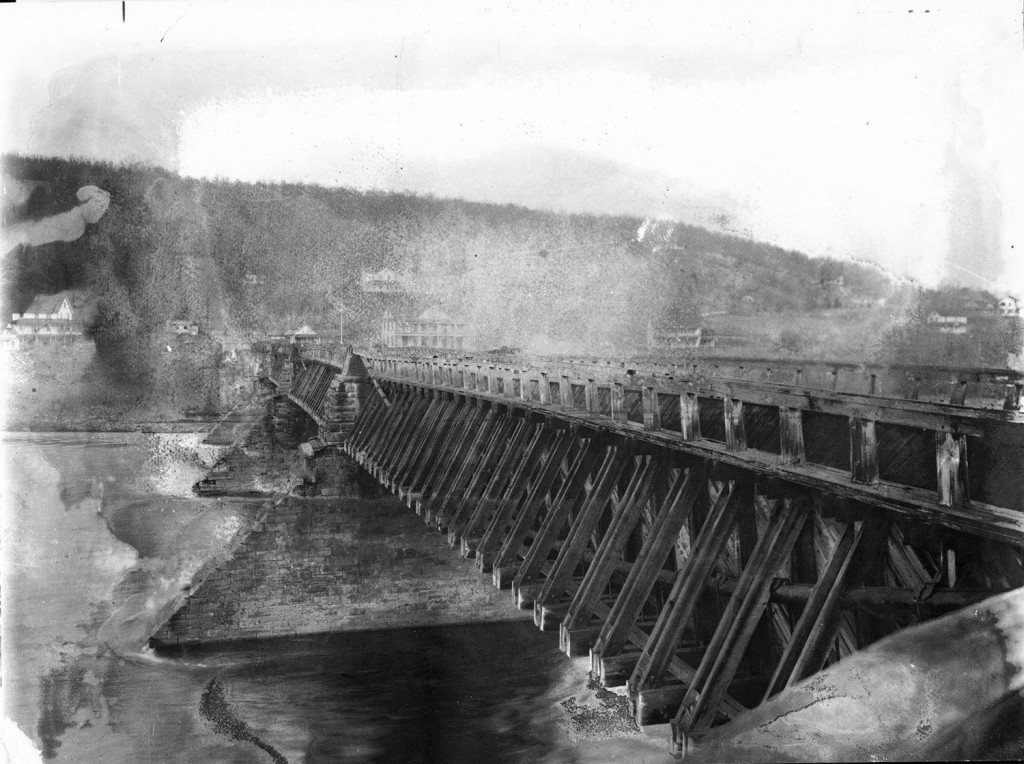
Revisiting Roebling Bridge I
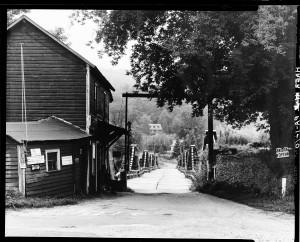
The Library of Congress (LOC) has many photos of the Roebling Aqueduct turned Bridge. I am fascinated with Roebling’s Aqueduct, obviously, and have collected a few more photos from LOC for this and another post. Unfortunately there are no dates as to when the photos were taken. By clicking on the photo you can see it much larger.
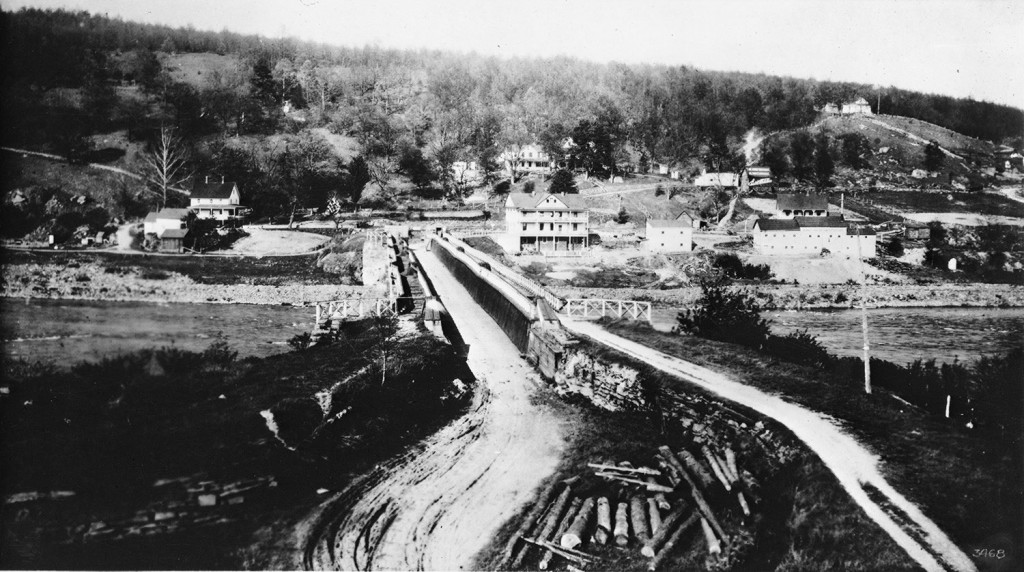
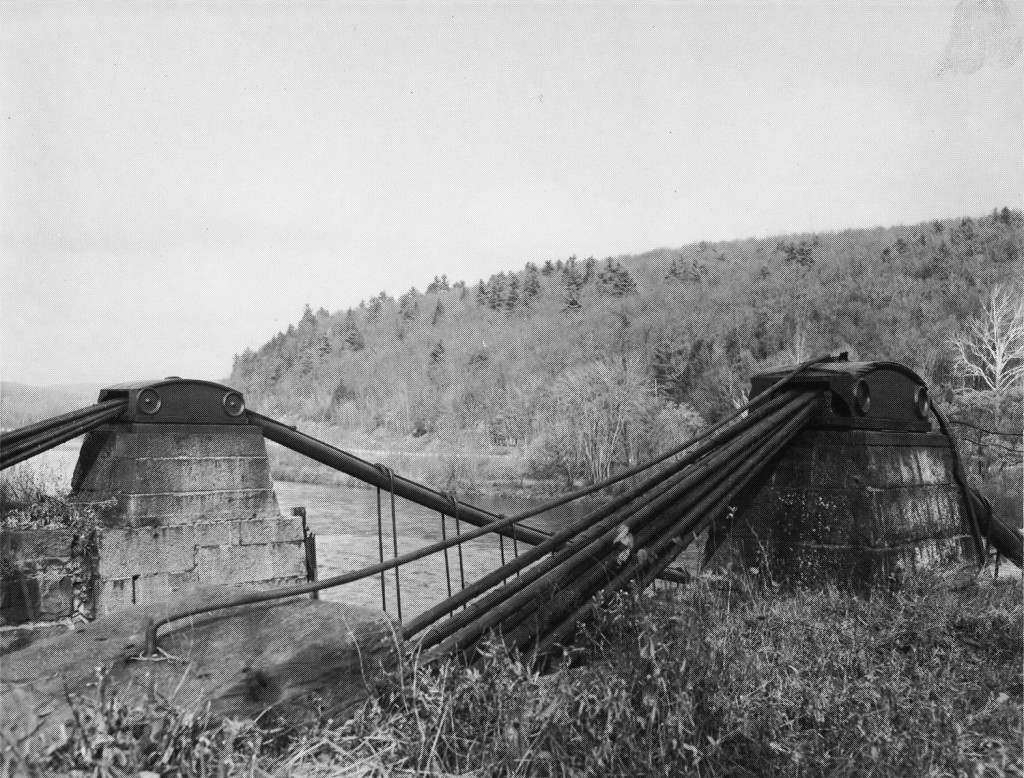
1908 Herald Building, NYC
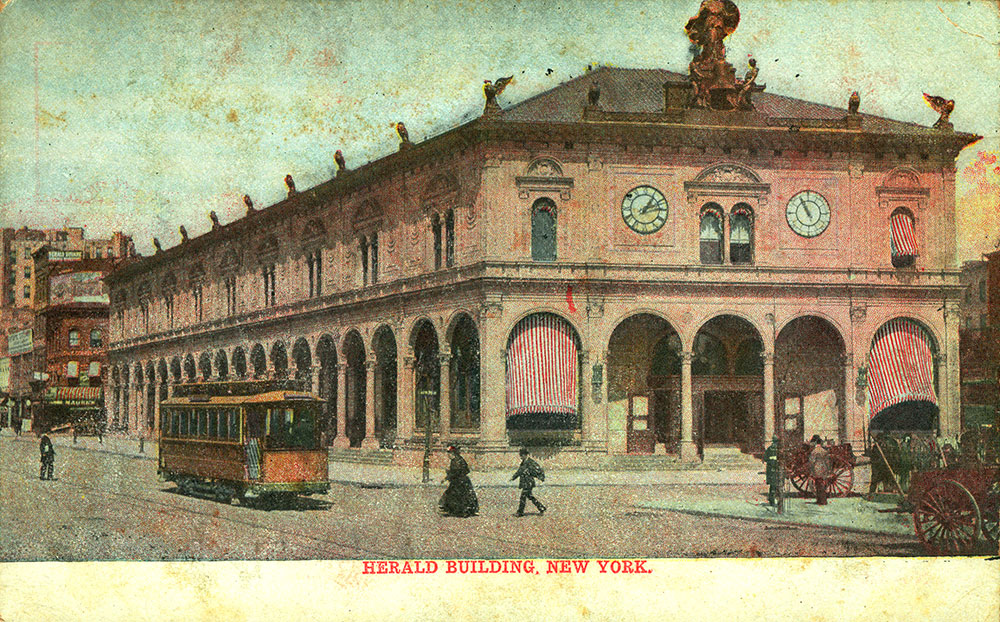
I wrote about the Herald building in a 2012 post.
Robert B. Collins
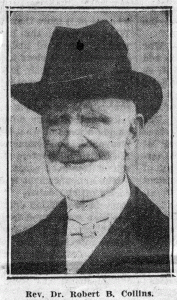
The Austin family met their neighbors the Collins family, at least by 1860. The family was from Ireland and listed as James, 58, a farmer, his wife Isabella, 56, Mary Jane, 25, Robert B., 20. Children Tom and Annie Collins were not listed.
Others were listed as being born in New York: Maria 28, school teacher, Emma, 8, William, 5. The family lived on what is Collins road today.
Thomas Collins died in 1920. Robert Collins, who left Eldred in the Spring of 1862, often corresponded with Mort and Jennie Austin.
In Robert’s letter of 1927 to Mort Austin, he was living with his daughter Bertha Coe.
Robert wrote Mort again in December 25, 1928:
…We were interested in the old Place, and often think of it as our early home and of the acquaintances we made there and loved. Is the old farm still in the possession of Mrs. Collins [Emma Kelso, Tom’s widow]? If it has changed hands, who is the owner?
That dear old spot has to me many blessed memories. My dear old father, mother, brother, and sisters lived for many years there, and it was from the front door of the old house that my daar mother kissed me good bye when I left home in 1862 to enter the Christian ministry.
How are you all? I have not been in Eldred for two years. I have not been well since last July, when I reached my 88th birthday. Still I am not confined to the bed all the time; simply getting old.
I shall be greatly pleased if you can tell me how the old place is and how its folks are. It is a dear spot to my heart, full of delightful memories, not only of the place itself, but of the people whom I knew and loved and still remember.
With best wishes for your happiness. I am yours,
R.B.Collins
Robert Collins died in 1931. His obituary was in the Austin family collection. To read the obituary of Robert Collins: Continue reading
The Stege Cat House

The February 1938 Sunday Mirror Magazine section mentioned that after Katie Stege’s death, when her personal property was sold at auction, in addition to her 35 Persian cats, there were 48 rabbits, 17 ducks, 4 goats, 22 pigs, 19 sheep, 4 lambs, 99 chickens, 4 bulls, 5 cows, a horse and countless pheasants and wild turkeys roaming the place.
1930s and 1940s Stamps
Holloway Mill?
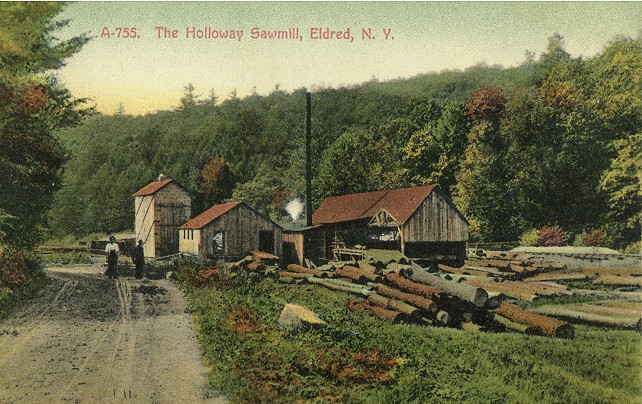
Does this look familiar to any of my Halfway Brook readers?
Austin Smith, the Highland Historian, mentioned it as the mill on the route from Barryville to Eldred. I find it curious that it is called the Holloway Sawmill when I have not seen that surname in Eldred in my research.
I wonder if somehow Halfway Brook morphed to Holloway in the postcard caption.
In random connections: my youngest’s wife’s maiden name is Holloway; and my husband’s baby photo (taken at a Studio in CA, 2,500 miles from my birthplace in western NY) has Austin printed on the lower right corner.

